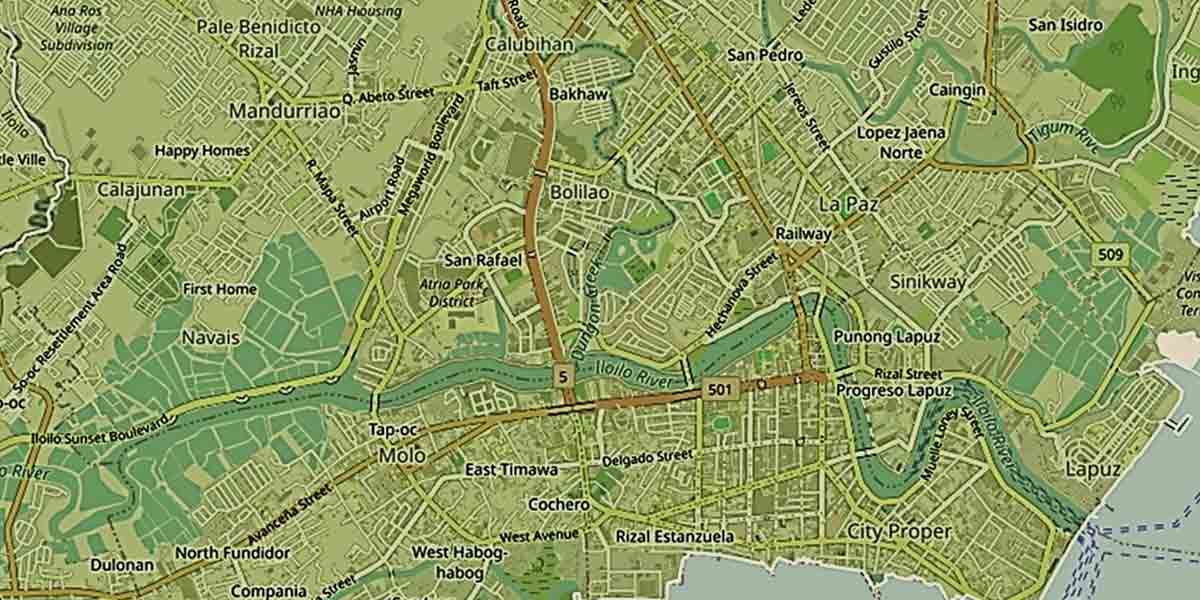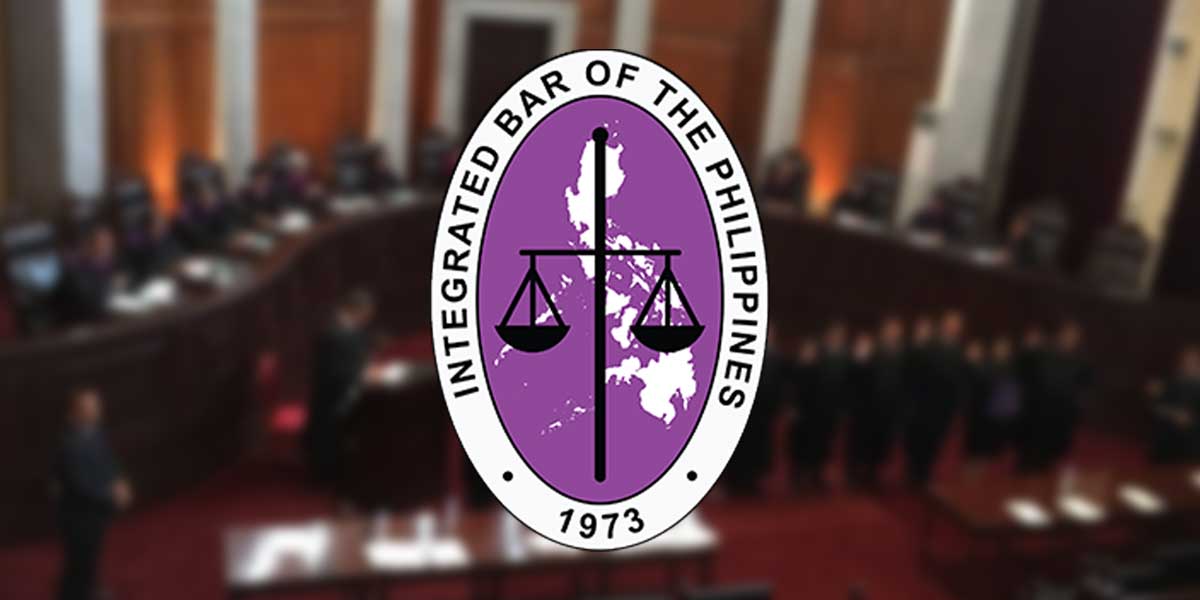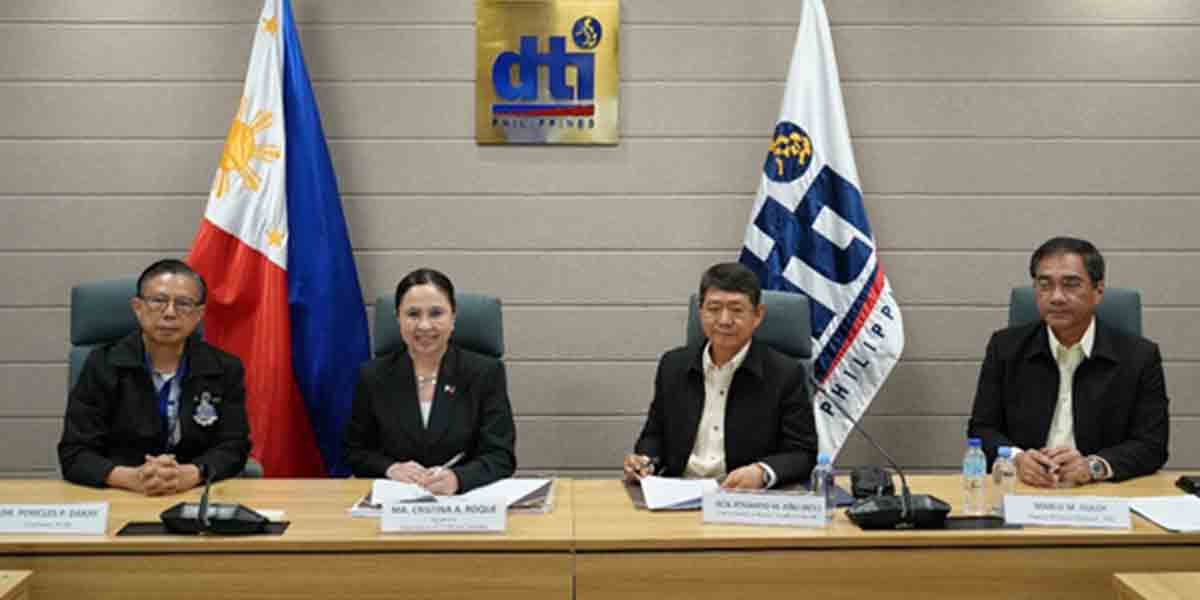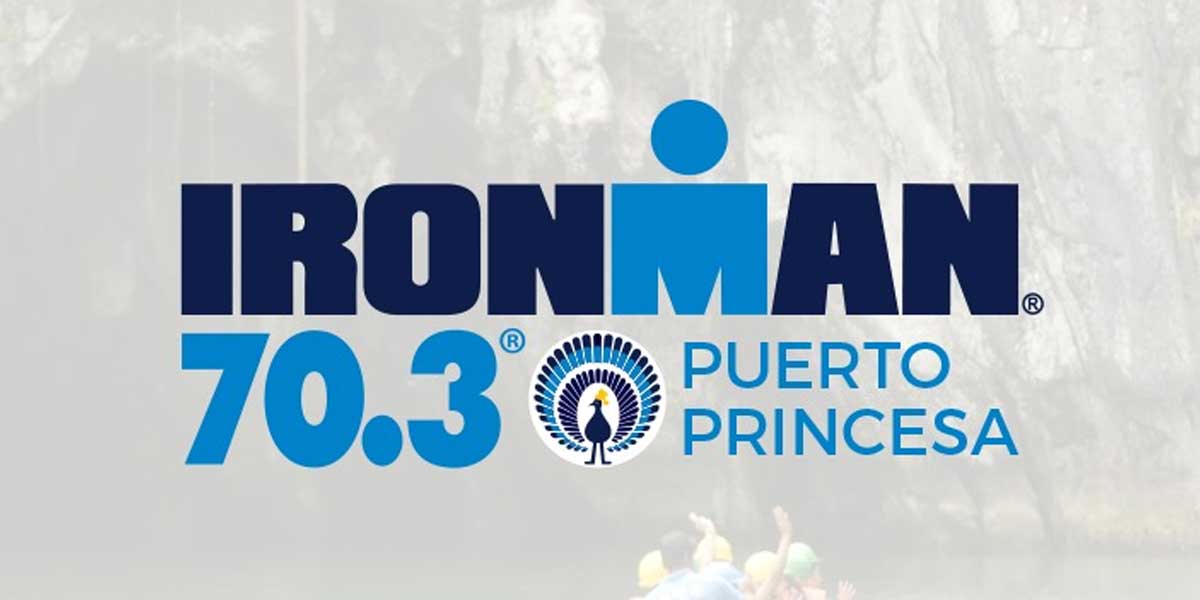
Save the Children Philippines hosted a storytelling activity that highlighted the rights of children to health, education, protection from all forms of violence, and prompt assistance in times of natural calamities and emergencies.
Around 70 children from Metro Manila gathered at the historic Cultural Center of the Philippines (CCP) Tanghalang Huseng Batute on Saturday for the World Children’s Day celebration titled: “Batang Karapat Dapat,” a mini festival on the rights of the child.

The week-long activity culminated with storytelling of children’s books produced by Canvas which tackle children’s rights to have a nurturing home, a safe community, and a healthy environment.
Child participants from deprived areas in Navotas, Caloocan, and Payatas in Quezon City spoke about their rights to decent housing in the company of a nurturing family, the right to speak their minds, and the right to explore and develop own talents.

Naida Pasion, Chief Business Development Officer of Save the Children Philippines said ensuing children’s rights is fundamental to any work that we do with children, and is at the core of the Convention on the Rights of the Child (CRC), now on its 30th year of ratification.
“Children should not be perceived as passive recipients of care and protection, or beneficiaries of policy decisions,” said Pasion “Children are agents of change, and our role at Save the Children is to provide platforms to make their voices stronger.”

Save the Children Philippines partnered with Canvas, Black Canvas, and CCP for the storytelling on children’s right to have a happy home, safe community and a healthy environment.
Child actress Xia Vigor was guest at the event and led child participants to recite the “Panatang Makabata” which highlights the inalienable rights of children to life and survival, development, and protection from all forms of abuse.

Xia called on fellow children to take care of the environment, emphasizing they are the ones who “will inherit the earth.”
Save the Children founder Eglantyne Jebb wrote the Declaration of the Rights of the Child in 1923 and was adopted by the League of Nations, the forerunner of the United Nations. The document became the basis of the UN Convention on the Rights of the Child.





















